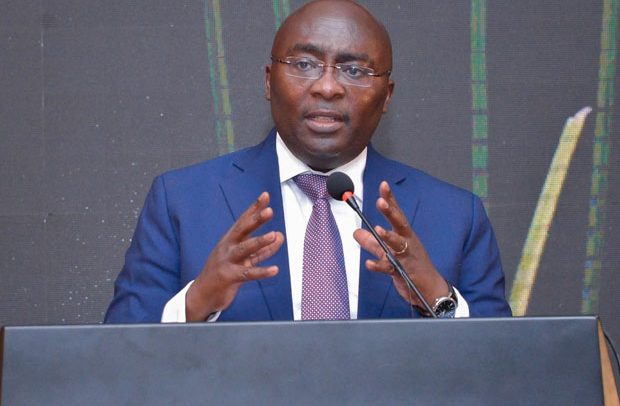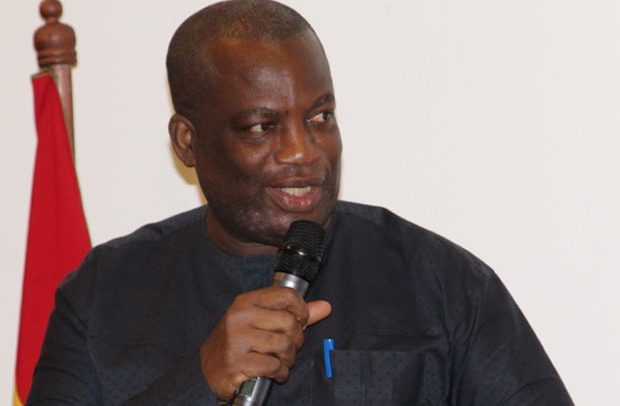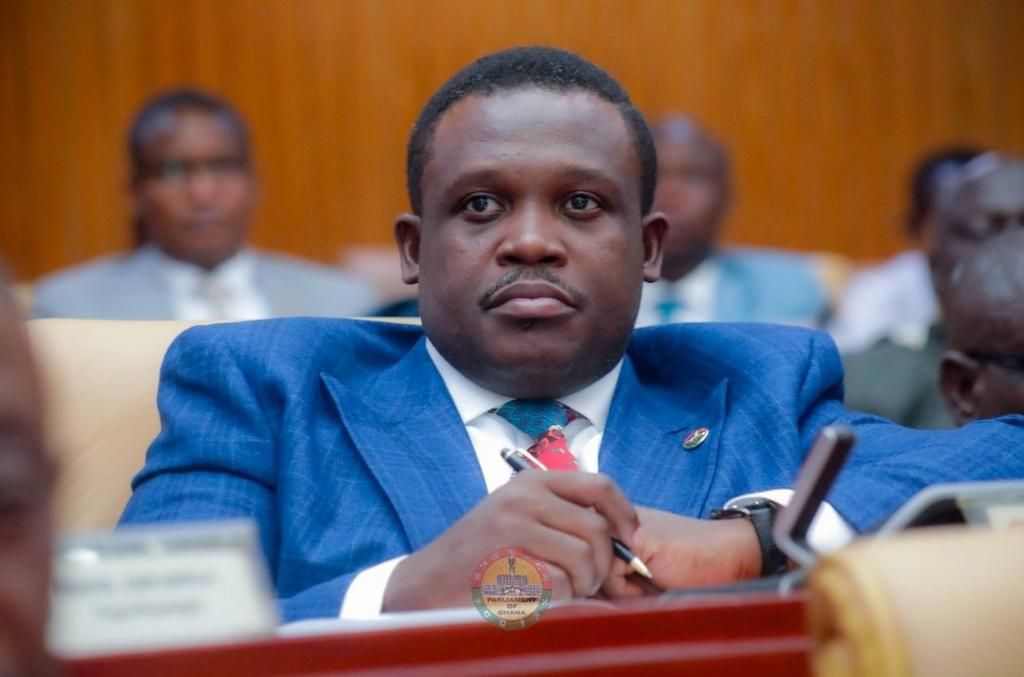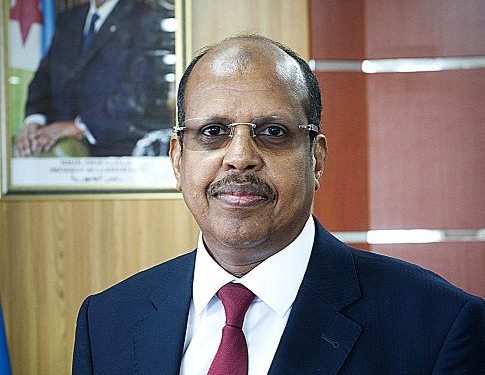
President John Dramani Mahama has submitted his asset declaration form to the Auditor-General, in compliance with Article 286 of the 1992 Constitution and the Public Office Holders (Declaration of Assets and Disqualification) Act 1998 (Act 550).
Addressing the media after the exercise at Jubilee House on Tuesday, 18th February, President Mahama emphasised the importance of transparency and reaffirmed his administration’s commitment to fighting corruption.
He stated:
I've always maintained that while it is commendable to punish corruption, a more effective approach is to prevent it from occurring in the first place. I firmly believe that if properly structured and enforced, the asset declaration process can serve as a sustainable tool for tackling corruption.
The President also issued a strict directive to all his appointees, requiring them to comply with asset declaration laws by 31st March 2025 or face severe consequences.
I've instructed the Chief of Staff to ensure that all appointees declare their assets by the end of the first quarter of this year—by 31st March 2025. I wish to stress that any appointee who fails to meet this deadline will face severe sanctions, including possible removal from office.
President Mahama concluded by stressing the importance of leveraging the ongoing constitutional review process to strengthen the asset declaration regime, ensuring it remains relevant to changing times.
Who Is Required to Declare Assets?
Clause 5 of Article 286 of the 1992 Constitution outlines the public officers required to declare their assets, including:
The President of the Republic
The Vice-President of the Republic
Speaker, Deputy Speaker, and Members of Parliament
Ministers of State and Deputy Ministers
The Chief Justice, Justices of the Superior Court of Judicature, Chairpersons of Regional Tribunals, and the Commissioner for Human Rights and Administrative Justice and their Deputies
Ambassadors and High Commissioners
Secretary to the Cabinet
Heads of Ministries, government departments, and equivalent offices in the Civil Service
Chairpersons, Managing Directors, General Managers, and Departmental Heads of public corporations or companies where the State has a controlling interest
Any other public officials as prescribed by Parliamen
This directive reinforces the government’s stance on accountability and transparency, setting a firm precedent for leadership and governance in Ghana.
Read Full Story























Facebook
Twitter
Pinterest
Instagram
Google+
YouTube
LinkedIn
RSS